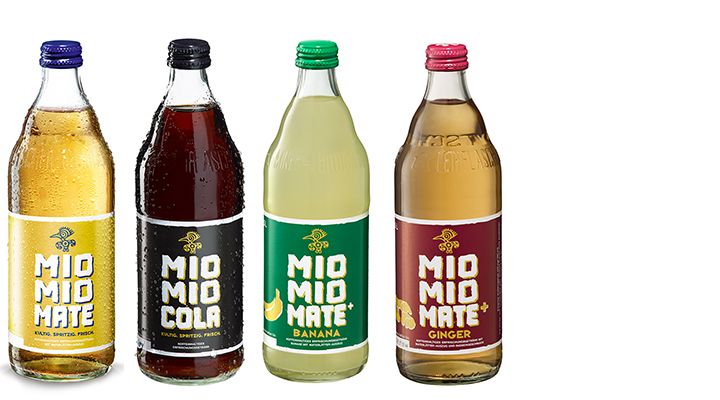CERN Medical Service: Making healthy choices to cut cancer risk
4.6 (721) In stock

(Image: CERN) 4 February marks World Cancer Day, an initiative started in 2000 and led by the Union for International Cancer Control (UICC). Cancer is a global health challenge that affects millions of people. It is a complex group of diseases characterised by the uncontrolled growth and spread of abnormal cells in the body. The World Cancer Research Fund (WCRF) estimates that as many as 18.1 million cases were diagnosed worldwide in 2020, with near equal impact on men and women. The most common types of cancer include breast, lung, gastrointestinal and prostate cancers – though there are many more – and cancer is estimated to have caused roughly one in six deaths in 2020 (WHO). While the prevalence of cancer can vary by region, type of cancer and demographic factors, cancer is unequivocally a leading cause of morbidity and mortality. There is hope, however: the WHO suggests that up to 50% of cancers can be prevented, either by making lifestyle changes or through simple proactive medical interventions. By making informed choices, starting with adopting an active lifestyle and a varied, healthy diet, avoiding tobacco and alcohol consumption, minimising exposure to the sun and undergoing screenings and vaccinations where applicable (e.g. HPV and hepatitis B), individuals can reduce their cancer risk and contribute to the global effort to combat the disease. To raise awareness and inform the CERN community of what we can each do to reduce our own risk of developing cancer, and how to support those who suffer from the disease, the CERN Medical Service is organising a dedicated campaign on Thursday, 1 February. In Restaurant 1, from 10 a.m. until 3 p.m., the CERN Medical Service, along with representatives from La ligue genevoise contre le cancer, La ligue française contre le cancer, Cancer Support Switzerland and la Fondation genevoise pour le dépistage du cancer, as well as the CERN psychologists, will be running a cancer awareness stand. The Knowledge Transfer group will also be present to demonstrate advancements in cancer therapy that use CERN innovation and technology. At 12 p.m., a Zoom webinar will feature microtalks by the Hôpitaux Universitaires de Genève (HUG) and the abovementioned partners. These will span epidemiology, risk factors, treatment and prevention measures and advice on how to manage the disease, both for cancer patients and for those supporting them. The CERN psychologists will also give advice about living and working with cancer and the impact of stress in this context. Details of the webinar can be found here. Further information and resources can be found on the Medical Service’s dedicated cancer awareness webpage.

2 Risks to Astronaut Health During Space Travel, Safe Passage: Astronaut Care for Exploration Missions
Preventing Cancer: Risk Factors AACR Cancer Progress Report 2020

PDF) Medical applications at CERN and the ENLIGHT network
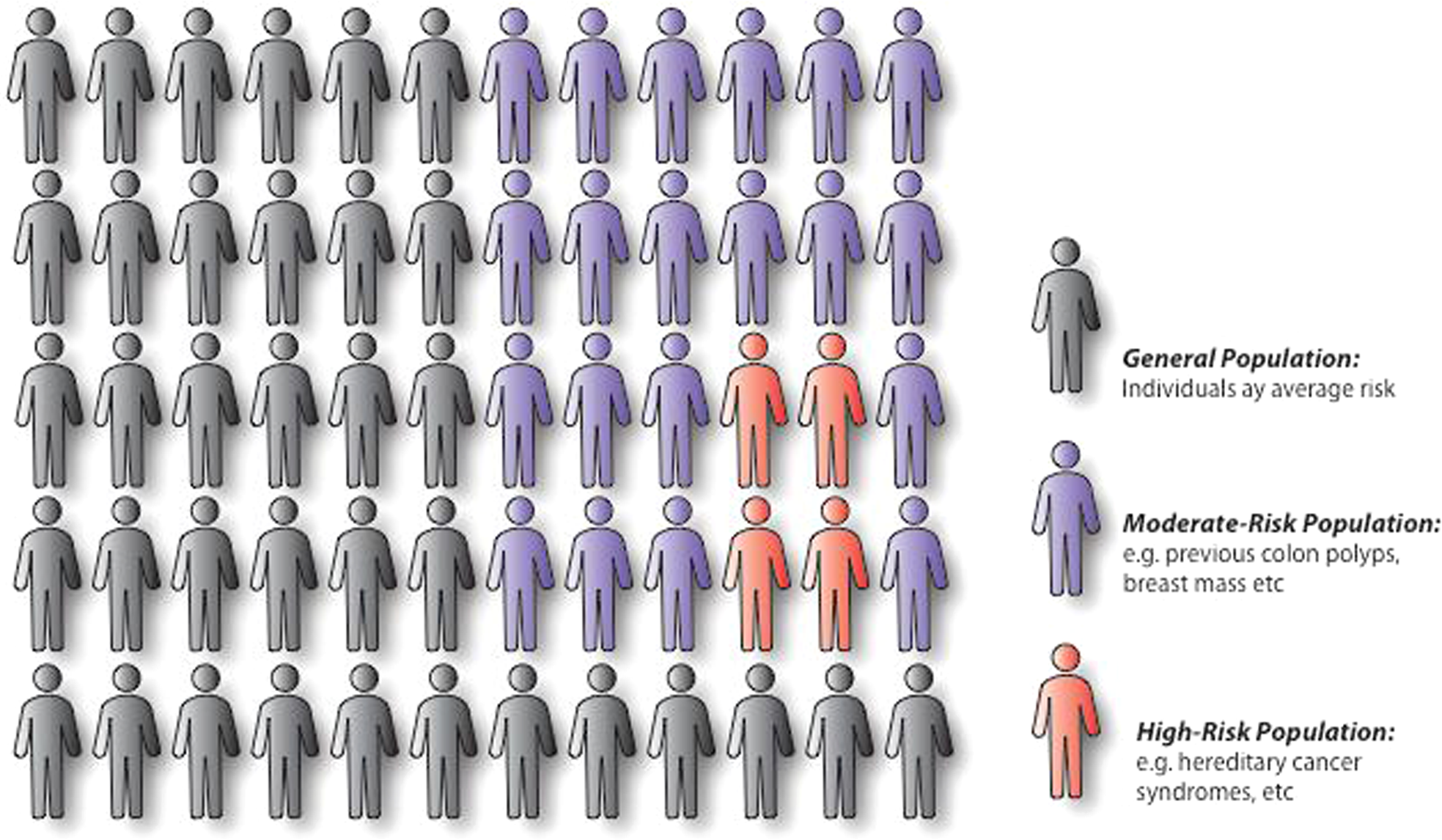
Cancer prevention and screening: the next step in the era of precision medicine

3-D Color X-Rays Could Help Spot Deadly Disease Without Surgery - The New York Times
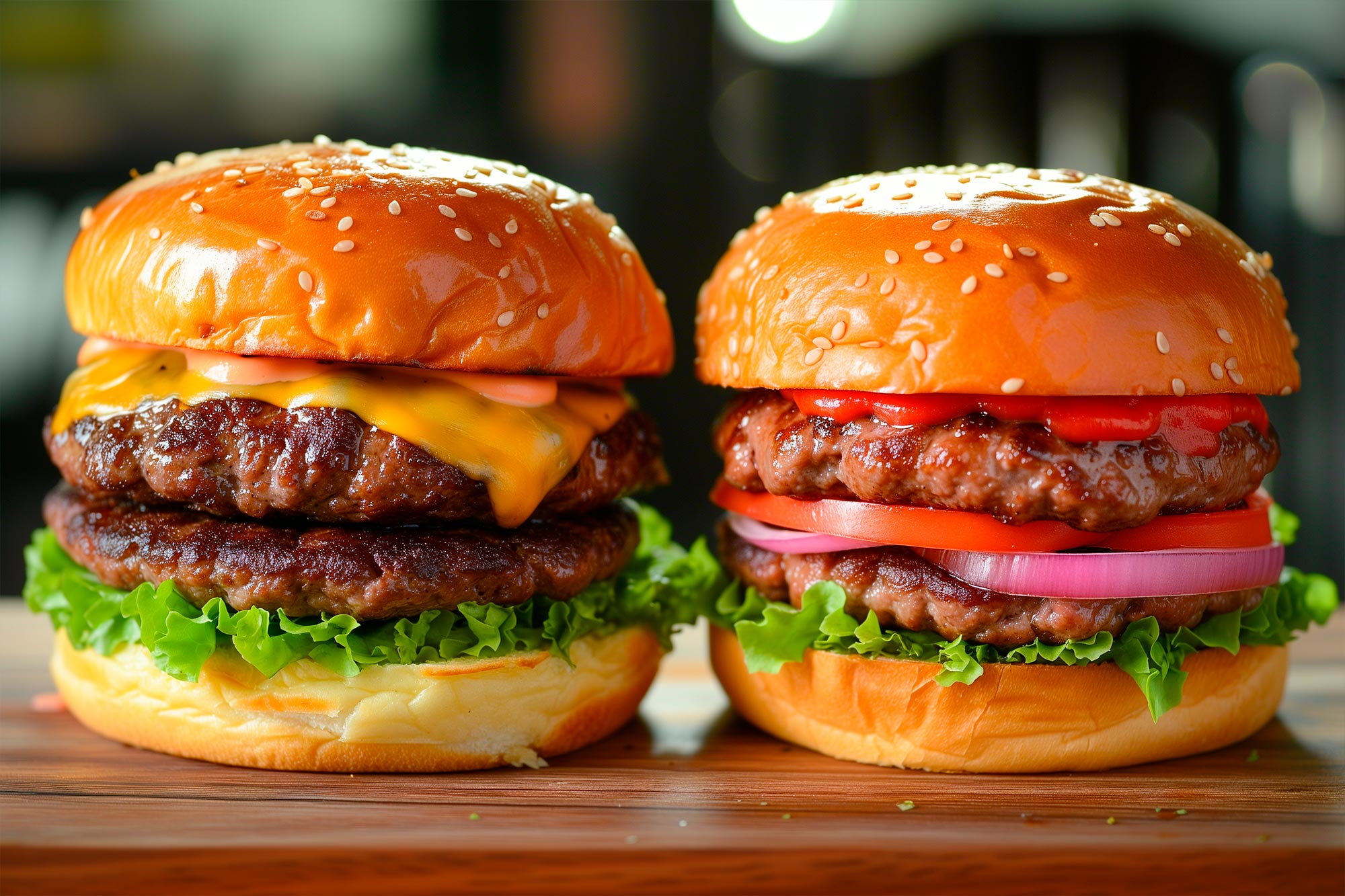
Researchers Reveal Simple Diet Swaps That Can Cut Carbon Emissions and Improve Your Health
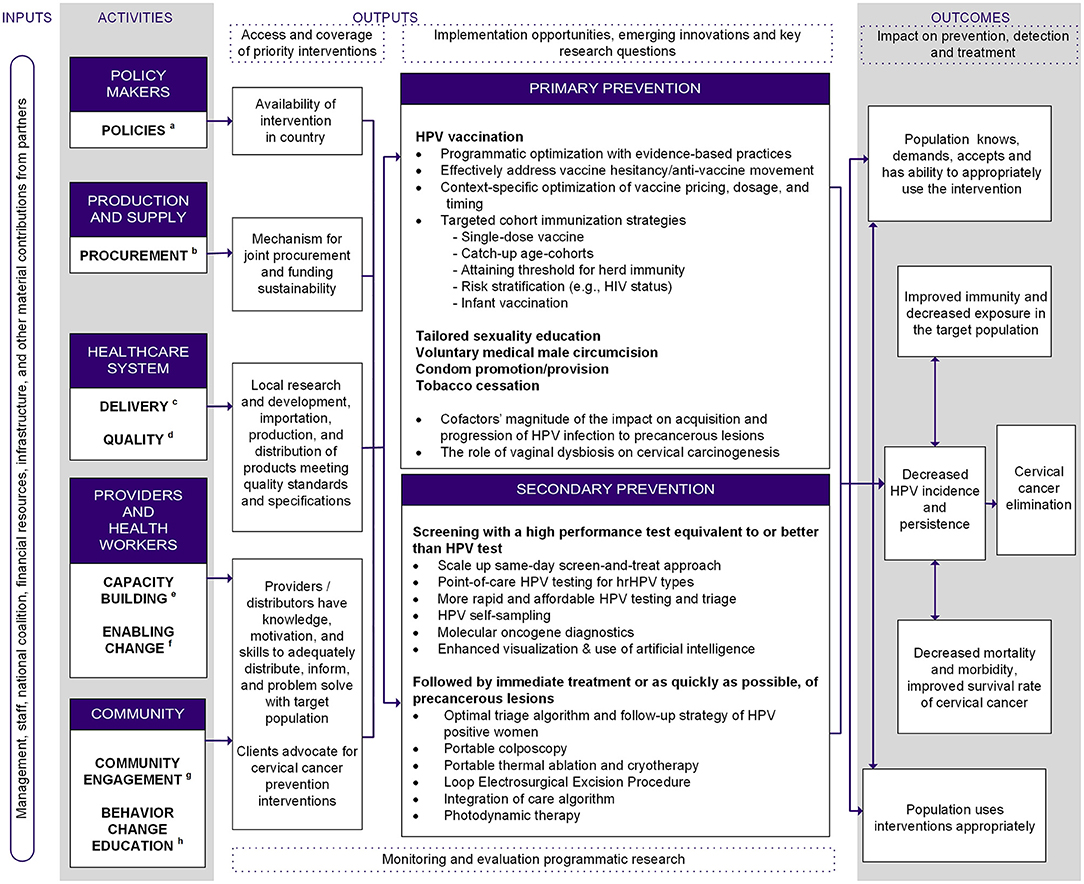
Frontiers A Framework for Cervical Cancer Elimination in Low-and-Middle-Income Countries: A Scoping Review and Roadmap for Interventions and Research Priorities

The Anti-Cancer Diet: Foods That May Prevent Cancer - Covenant Health

Calaméo - October 13, 2023

PDF) Lowering lifestyle-related cancer risk through adherence to the 2018 WCRF/AICR recommendations: insights and implications

CERN announces HS&E objectives for 2023 and beyond

Fighting cancer with LIGHT
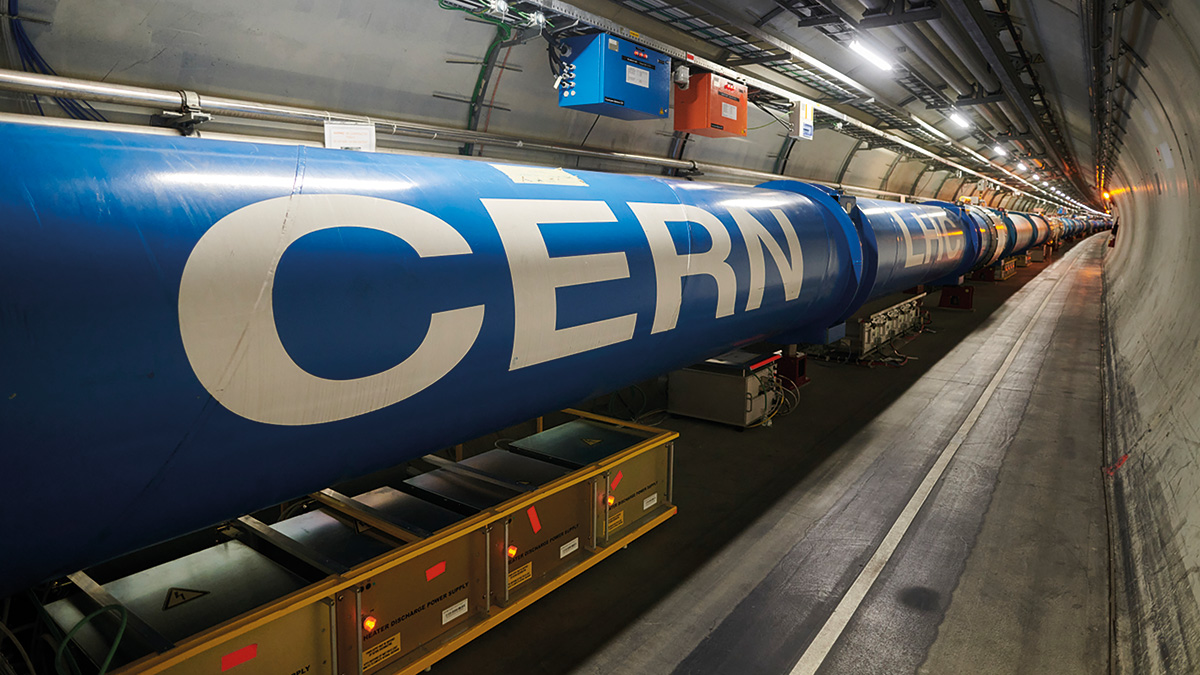
CERN's partnerships underpin a joined-up innovation pipeline – CERN Courier
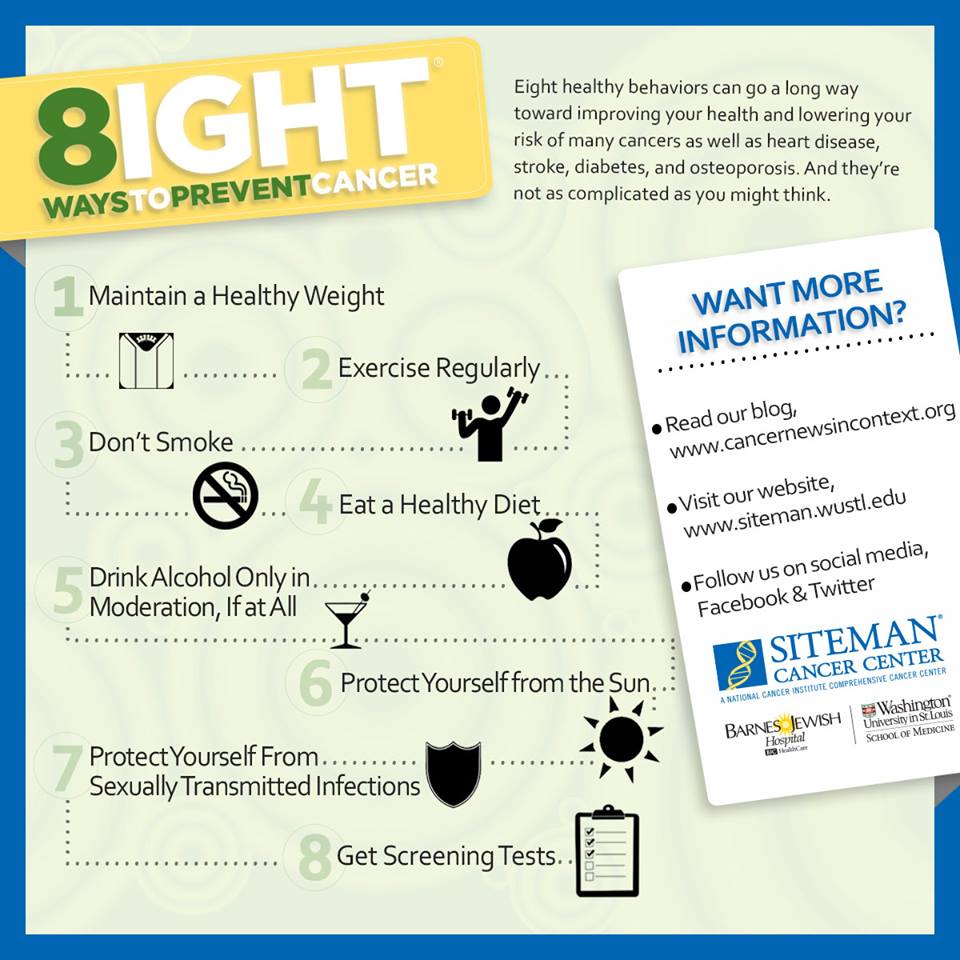
8IGHTWAYS® to Prevent Cancer - Siteman Cancer Center
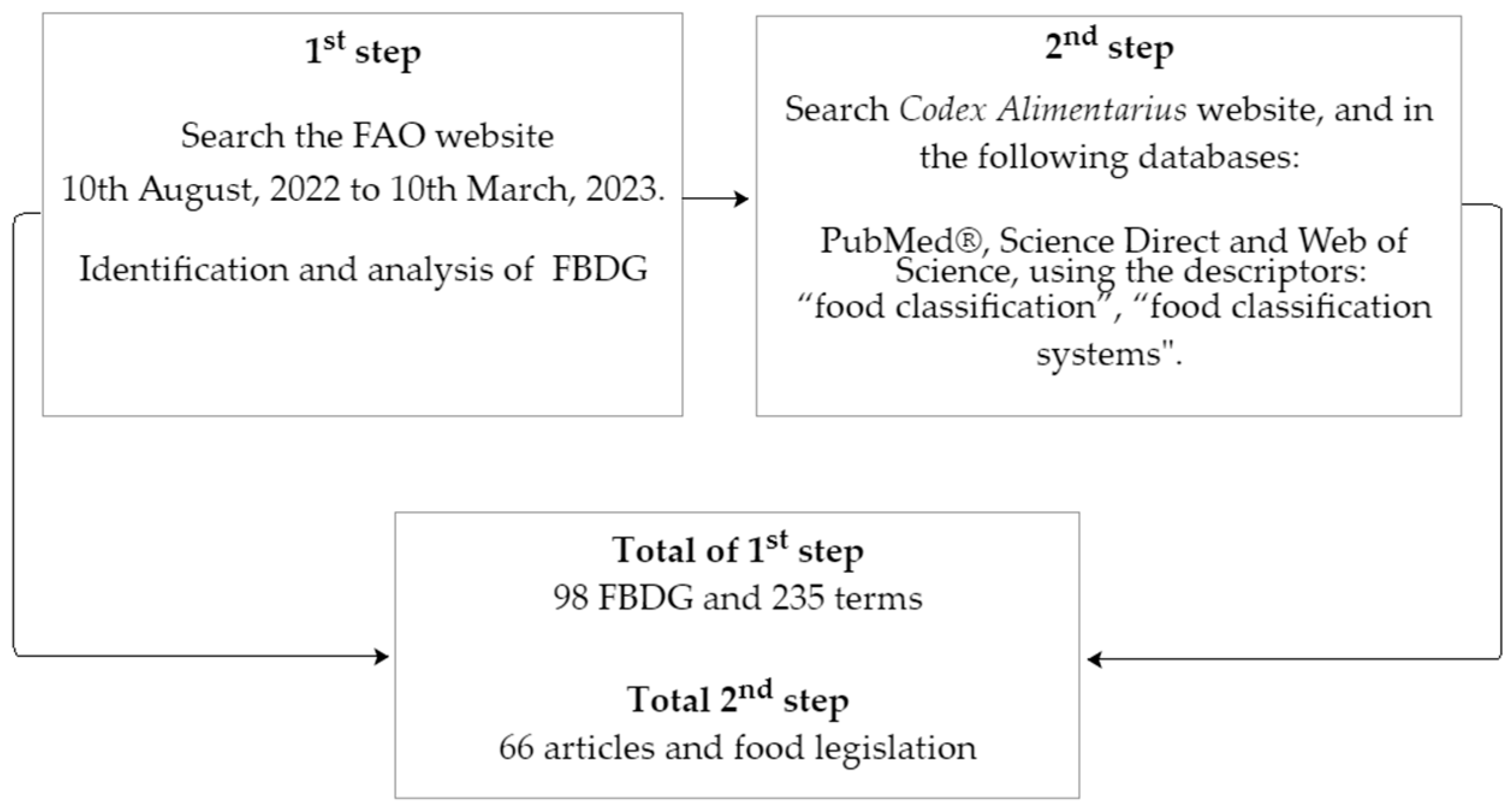
Foods, Free Full-Text
Co-occurring genomic alterations in non-small-cell lung cancer biology and therapy
Subscribe to Biochimica et Biophysica Acta: Reviews on Cancer - 0304-419X, Elsevier Shop
Alimentation et cancer : nos conseils ! Partenamut Mutualité Libre en Belgique
Baisse des plaquettes et cancer. Thrombopénie causes et taux



